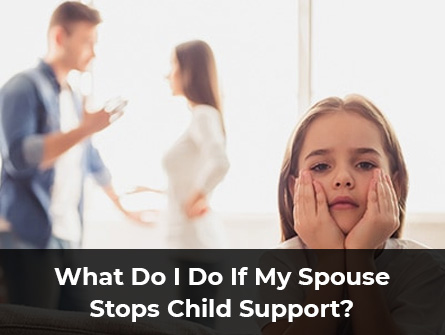 Call Today To Schedule A Consultation (402) 345-7600
Call Today To Schedule A Consultation (402) 345-7600

In Nebraska, child support is intended to pay for the basic care of children, including food, shelter, clothing, education, and medical care. The parent who receives child support is known as the receiving parent, while the parent who has to pay is called the paying parent. The parent who has physical custody of the child or children spends a greater percentage of time with the children. That parent pays for more of the children’s needs, since they’re together more often. The other parent, who spends less time with the children, has to make regularly scheduled child support payments in order to ensure that each parent is responsilble for their fair share of the children’s expenses.
Whether you’re in the process of divorcing or you’ve never been married, when your relationship ends, you need to get an official child support order. In Nebraska, child support orders are created according to each parent’s net income and a mathematical formula, known as the child support guidelines.
The Nebraska Department of Health & Human Services is a state agency that serves Nebraska concerning behavioral health, Medicaid and long-term care, children and family services, public health, veterans’ homes, and. developmental disabilities. Within this department is a separate unit called Child Support Enforcement (CSE). The purpose of CSE is to enforce all state and federal laws regarding child support. CSE uses an administrative process to:
When a paying parent isn’t meeting their child support obligations, CSE can use various enforcement and collection measures as necessary. However, family court judges are also able to issue orders to help enforce and collect child support. In some cases, parents may be able to obtain quicker results by hiring a family law attorney to ask a judge to enforce a child support order. This can be more effective than waiting for CSE to act.